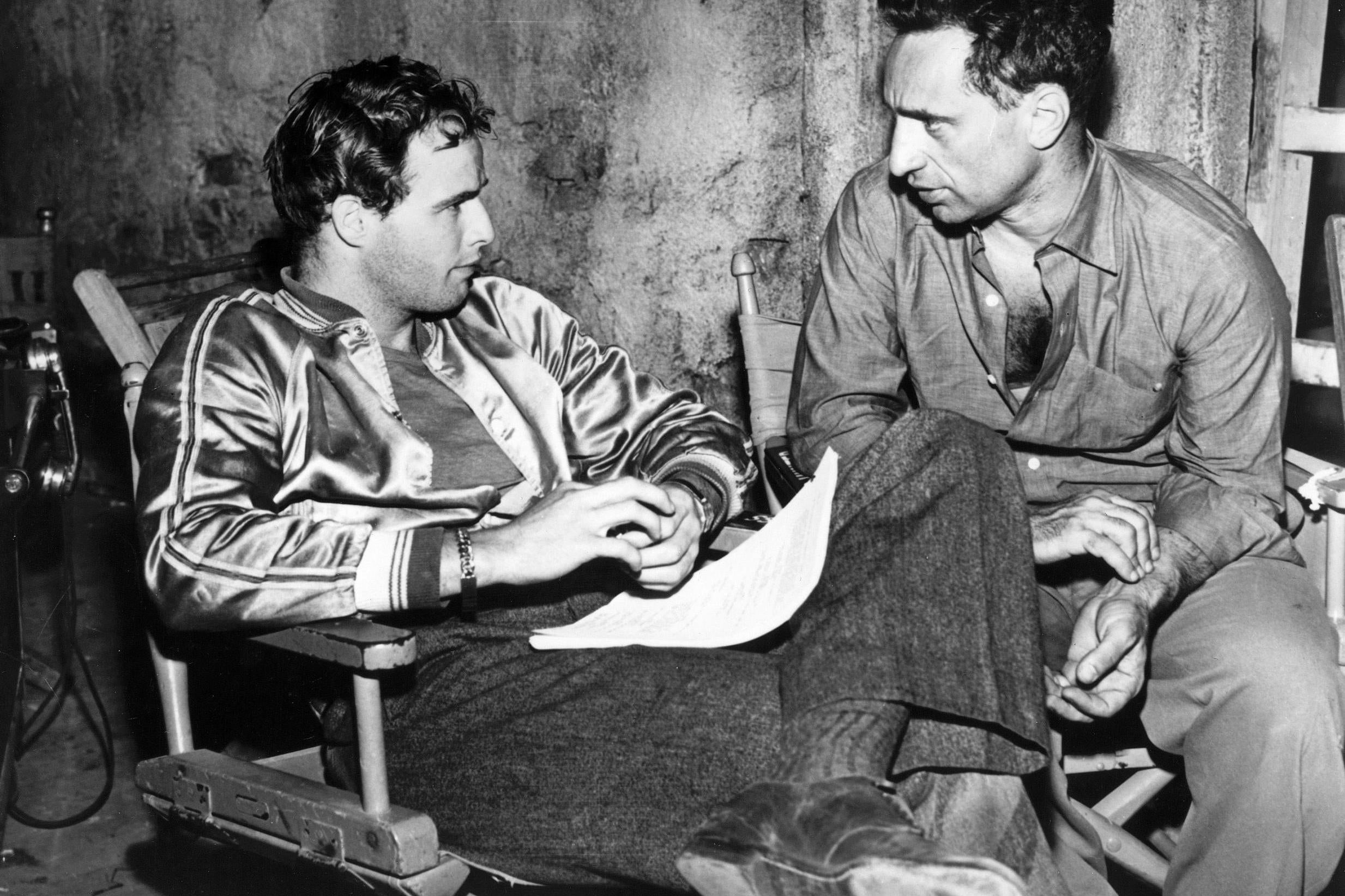Marlon Brando and Elia Kazan brought out the best in each other – but did it end because of money or to avoid an anti-climax?
Ahead of the re-release of ‘A Streetcar Named Desire’ next month, Geoffrey Macnab examines one of Hollywood’s most influential actor-director partnerships

They are two of the towering figures of 20th-century American cinema. They did exceptional work without each other and yet, if their paths had never crossed, their reputations would surely be much diminished. They made only three films together, A Streetcar Named Desire (1951), Viva Zapata! (1952) and On The Waterfront (1954), but it’s hard to think of any more influential screen partnerships than that between actor Marlon Brando and director Elia Kazan.
“Marlon I can’t touch now because he costs too much, and I’m not going to pay any silly figure,” Kazan later lamented of how the actor he turned into a major movie star had spiralled out of his price range. Kazan, who is now the subject of a two-month season at London’s BFI Southbank in February and March, died in 2003, Brando a year later. In hindsight, it seems perverse that they didn’t continue a collaboration that was so much to both of their advantages. Nonetheless, their trio of films was exceptional. They had the good fortune to work together when both were at the peak of their powers before Brando had piled on the pounds and Kazan’s reputation began to waver.
There was an element of good fortune in the way their partnership started. Brando, then 22 and a student of acting coach Stella Adler, had performed in a five-minute cameo in a 1946 New York stage production, Truckline Cafe, directed by Harold Clurman and produced by Kazan. Brando had been lucky to get the part. His audition was terrible and he had demanded a huge salary. Kazan had struggled to hear what he had been saying. Nonetheless, there was something about the mumbling, introspective, physically imposing actor that appealed to Clurman.
Subscribe to Independent Premium to bookmark this article
Want to bookmark your favourite articles and stories to read or reference later? Start your Independent Premium subscription today.
Join our commenting forum
Join thought-provoking conversations, follow other Independent readers and see their replies